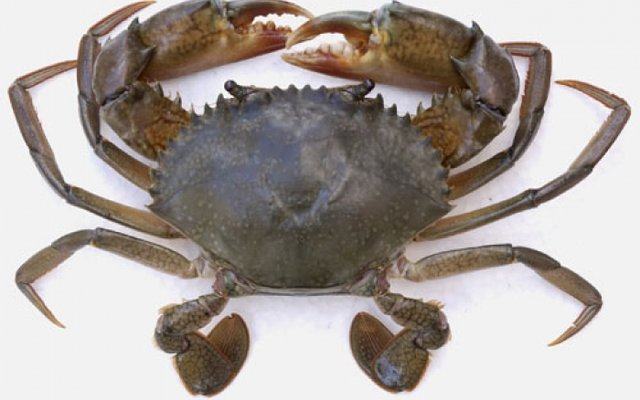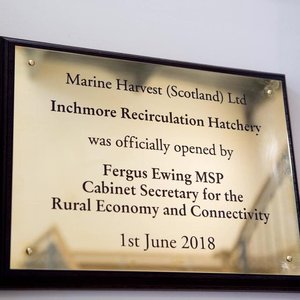Mud crab farming has long been established in the Philippines. Scylla serrata, S. tranquebarica and S. olivacea are the common species found in the Philippines; S. serrata is the preferred species for farming by crab growers.
According to Southeast Asian Fisheries Development Center (SEAFDEC), in 2015 the total production of mud crab from aquaculture was estimated at 13,720 tons, valued at US$77,025,000 and 14,437 tons valued at US$86,511,000 in 2009 and 2010, respectively.
Some 13 mud crab hatcheries have been established in the Philippines, nine of which are in the private sector, two are government owned and a further two are at state universities and colleges. A prototype commercial-scale hatchery produces about 40,000 crab instars per run. However, more hatcheries are needed since farms still depend on diminishing wild seed stock and are experiencing low survival rate during the megalopae stage due to Molt Death Syndrome (MDS), a disease due to luminescent bacteria (Vibrio spp.) in which zoea 5 has difficulty molting to megalopa and diseases due to bacterial and fungal infection in eggs and larvae.
The use of antibiotics as treatment for Vibrio spp. has been shown to improve larval survival. However, the use of antibiotics can lead to the development of resistant strains of bacteria and abnormalities that become apparent at the juvenile stage.
By replacing rotifers and artemia in the diet with formulated feed or minced fish or mussel, the survival rate of mud crab from zoea to megalopae has significantly improved from 3.75 percent to 22.5 percent, while the survival rate from zoea to crab instar has improved from 1.0-3.5 percent to 6 percent.
The improvement was realized under a project entitled “Improvement of Larval Rearing Protocol,” which is implemented by the Aquaculture Department, Southeast Asian Fisheries Development Center (SEAFDEC/AQD).
The project is part of the National Mud Crab Science and Technology(S&T) Program, which is being monitored by the Philippine Council for Agriculture, Aquatic and Natural Resources Research and Development of DOST (DOST-PCAARRD).












